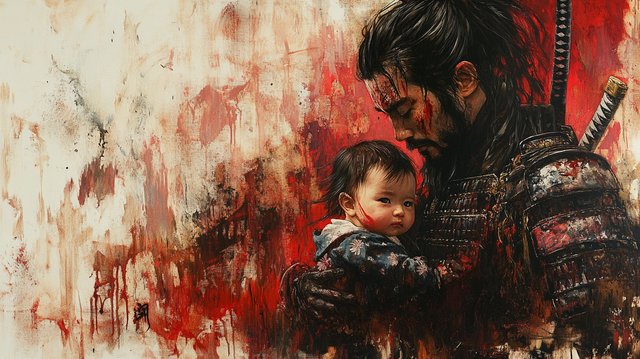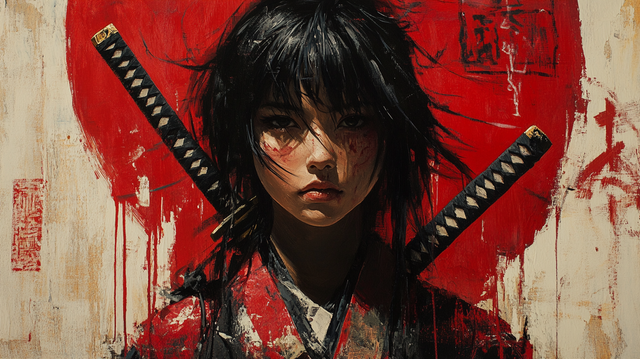The Samurai: Guardians of Japan’s Feudal Era

The samurai, Japan's iconic warrior class, have become symbols of honor, discipline, and loyalty. Emerging in the late Heian period (794–1185), they played a central role in Japan's feudal society for over 700 years, leaving a legacy that continues to captivate the world.
Origins and Rise
The word "samurai" comes from the Japanese verb saburau, meaning "to serve." Originally provincial warriors serving local lords, samurai rose to prominence during the Kamakura period (1185–1333) as the ruling military class. They swore fealty to their daimyo (feudal lords), who governed regions under the shogunate's authority.
Code of Bushido
Central to the samurai’s identity was bushido, or "the way of the warrior." This ethical code emphasized loyalty, courage, respect, and self-discipline. Bushido dictated how samurai should conduct themselves in life and death, and failure to uphold its principles often led to seppuku (ritual suicide) to restore honor.
Weapons and Skills
The samurai’s most revered weapon was the katana, a curved, razor-sharp sword symbolizing their status and skill. Master swordsmanship was complemented by expertise in archery, horseback riding, and martial arts. Samurai were also highly literate, trained in calligraphy, poetry, and strategy, reflecting their role as both warriors and scholars.
Role in Society
During the Sengoku period (1467–1615), samurai were central to the constant warring among clans vying for power. This era of strife ended with the Tokugawa shogunate (1603–1868), which brought peace but diminished the samurai's role as warriors. Many transitioned to administrative or bureaucratic roles while maintaining their cultural significance.
Decline and Legacy
The Meiji Restoration of 1868 marked the end of the samurai era as Japan modernized and abolished the feudal system. Despite this, the samurai ethos endured, influencing modern Japanese values and pop culture. Bushido principles resonate in Japan’s work ethic and commitment to excellence, while samurai continue to inspire art, literature, and cinema worldwide.
Cultural Symbol
The samurai are more than historical figures; they represent an ideal of disciplined strength, moral integrity, and unwavering loyalty. Their influence on Japanese identity and their mystique as noble warriors ensure their legacy remains vivid, both in Japan and beyond.
Through their enduring story, the samurai remind us of the balance between strength and wisdom and the timeless pursuit of honor.


